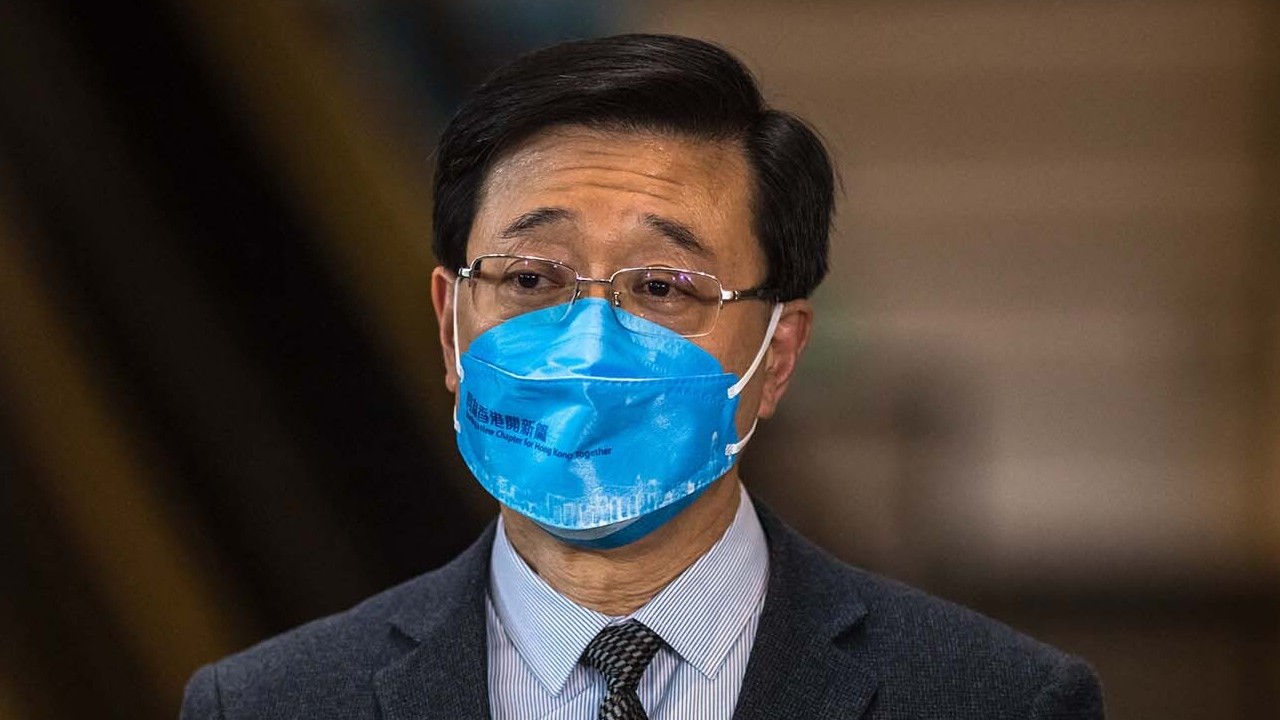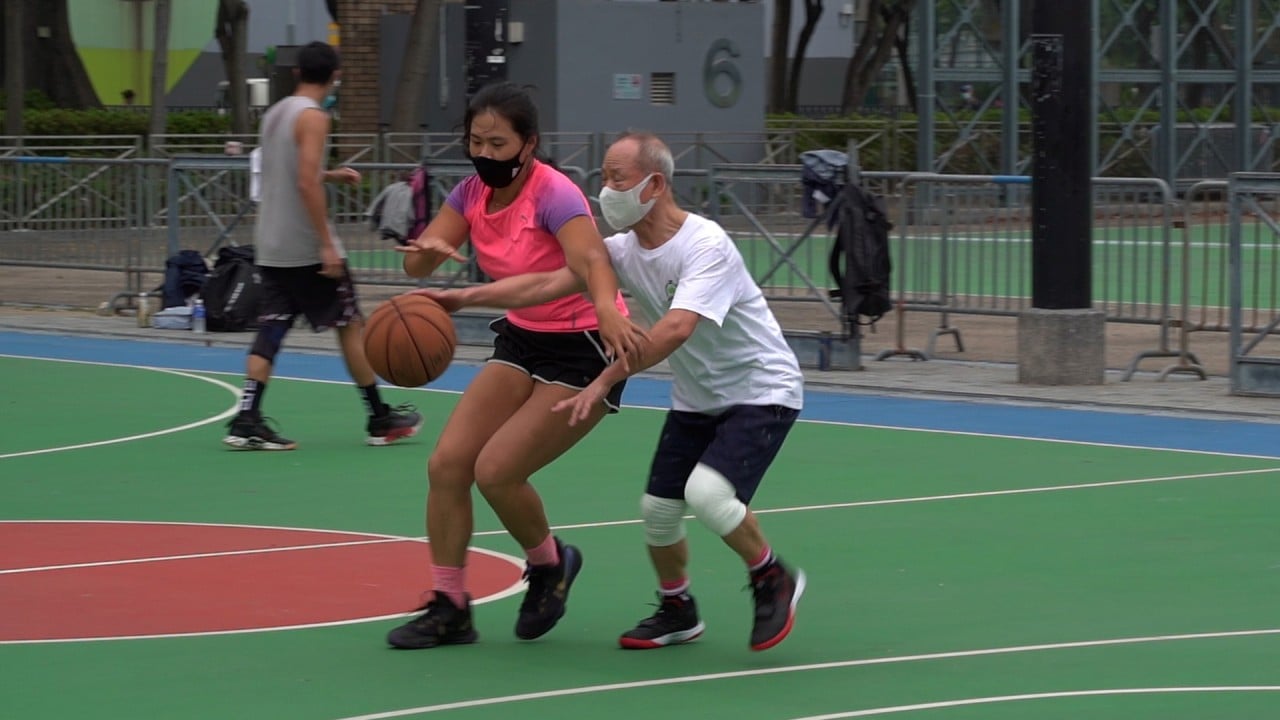
Can John Lee heal Hong Kong’s deep political, economic and social wounds?
- Early progress on urgent issues including the economy, housing and community healing post-2019 will build Lee’s credentials
- But restoring Hong Kong’s reputation as ‘Asia’s world city’ will be challenging. And Lee’s advantages – no track record, a clean balance sheet – will not last long
When the imperative from Beijing is for stability, after 2019’s traumatising street riots and two terrible years hermetically sealed from the world by the Covid-19 pandemic, Lee offers a stability many crave.
Whether he can lift a community out of its deep funk, heal crippling social divisions, revive a seriously injured economy and expunge the pariah status so many in the West have branded on us is another matter.
Those learned in deciphering such runic assurances say this means he will reduce bureaucracy and attack the obsessive procrastination that has characterised and hobbled Chief Executive Carrie Lam Cheng Yuet-ngor’s time in office.
After 35 years in the disciplined services, we can expect him to be decisive and – yes – disciplined.
There followed 35 steady years of his quiet, meritocratic rise to deputy police commissioner. Fascinatingly, his Wikipedia profile lists his duties as ranging from the Crime Investigation Department to Complaints Against Police Office, across service quality, personnel, training, information systems, finance, policy formulation, and planning and development, including being commander of the Kowloon West region – superb credentials to head the police force or for security secretary, but not obvious for Hong Kong’s top political office.

This blank political sheet may be attractive to Beijing. Lee understands but is not rooted in the bureaucracy being blamed for recent political and Covid-19 mismanagement. He may be untutored in business and economics but he is not indebted to any of the powerful vested business interests that have hummed around the administration over the past two decades.
This means he can address Hong Kong’s many challenges without being pressured by those interests. This is helpful, but does not make his task less daunting. If he is to build his credibility as a “result-oriented” leader, then early progress on several issues will be essential.
Perhaps the gravest urgent challenge is to begin healing Hong Kong’s deep wounds post-2019. If Lee, or the patriots and mainland officials backing him, believe that calm and stability have been sustainably restored to Hong Kong, they are seriously fooling themselves.
The liberal-minded half of Hong Kong’s community that exploded irrationally and destructively on the streets in 2019 may have been defanged but they remain sullen, cowed and unforgiving. The embers of their grievances are still being fanned by those in exile or behind bars, and by many Western sympathisers.
At present, he has the advantage of no track record, and a clean balance sheet. That is an advantage that will not last very long.
David Dodwell researches and writes about global, regional and Hong Kong challenges from a Hong Kong point of view




